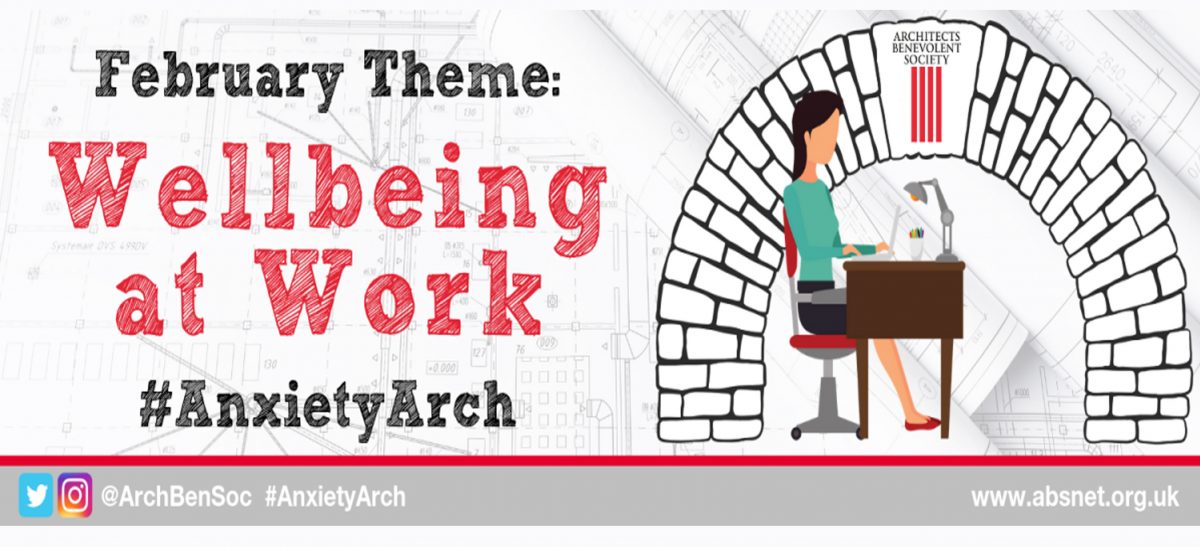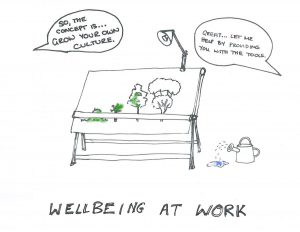Home | Our news & views |
Wellbeing at Work – Guest Post by Charlotte Goodman-Simpson

Home | Our news & views |


The pressures of our modern workplace can leave employees feeling stressed, overstretched and unbalanced, resulting in a poor state of mental wellbeing with a consequent impact on staff productivity. It is becoming increasingly important to recognise how our mental wellbeing affects work productivity and job satisfaction, in order to maintain happy and healthy staff and a productive thriving business. Supporting this through fostering a positive corporate culture is not only integral to employee loyalty, better collaborative working and enticing new recruits, but also a fundamental part of being happier in our personal lives.
I practice as an architect within a large international architecture firm, I am also a RIBA mentor and have the pleasure of working part-time with local architectural students. Working in these environments has shown me first-hand how our industry remains behind in our understanding of the importance of improving wellbeing at work and breaking down the macho culture that is still rife in the construction industry.
During the last 12 years I have noticed how managing mental wellbeing in the construction industry is often viewed simply as an onerous expenditure of resource, however, when analysing absence and productivity (across all industries) against low mental wellbeing, there is often a correlation which must not be ignored. Let us also acknowledge the more serious statistics which are often perceived to occur outside of our direct relationships and as such, a responsibility to offer preventative (and proactive) measures is not always a priority. Following the release of statistics on mental wellbeing last year by the Time to Change campaigns, (published during Mental Health Awareness Week) it is evident that this simply cannot continue.
We all have a responsibility to raise awareness of the importance of good mental health. Do not forget that employers have a duty to provide active policies, whilst supporting their staff and offering a positive culture around mental wellbeing. As such, the topic must be championed, nurtured and regularly reviewed/responded to in order to prevent the subject becoming merely a tick box exercise. Employees must have the opportunity to grow their own culture! People should feel empowered to champion the cause and be appropriately trained in order to listen to their colleagues and advise. For example, ‘tool box talks’ (a toolbox talk is an informal group discussion focusing on a safety issue, highlighting tools that can be used daily to promote safety culture as well as to facilitate health and safety discussions on job sites.) can be a great place to start.
I recently conducted a Mental Health Awareness Day CPD session using resources published by Mace, Anxiety UK and Time to Change, alongside information supplied by the Architects Benevolent Society. Following this, we have developed new policies and improved employees’ access to support. This has taught me that it only takes one person to start breaking the stigma surrounding this subject and contribute towards positive change in the industry.
